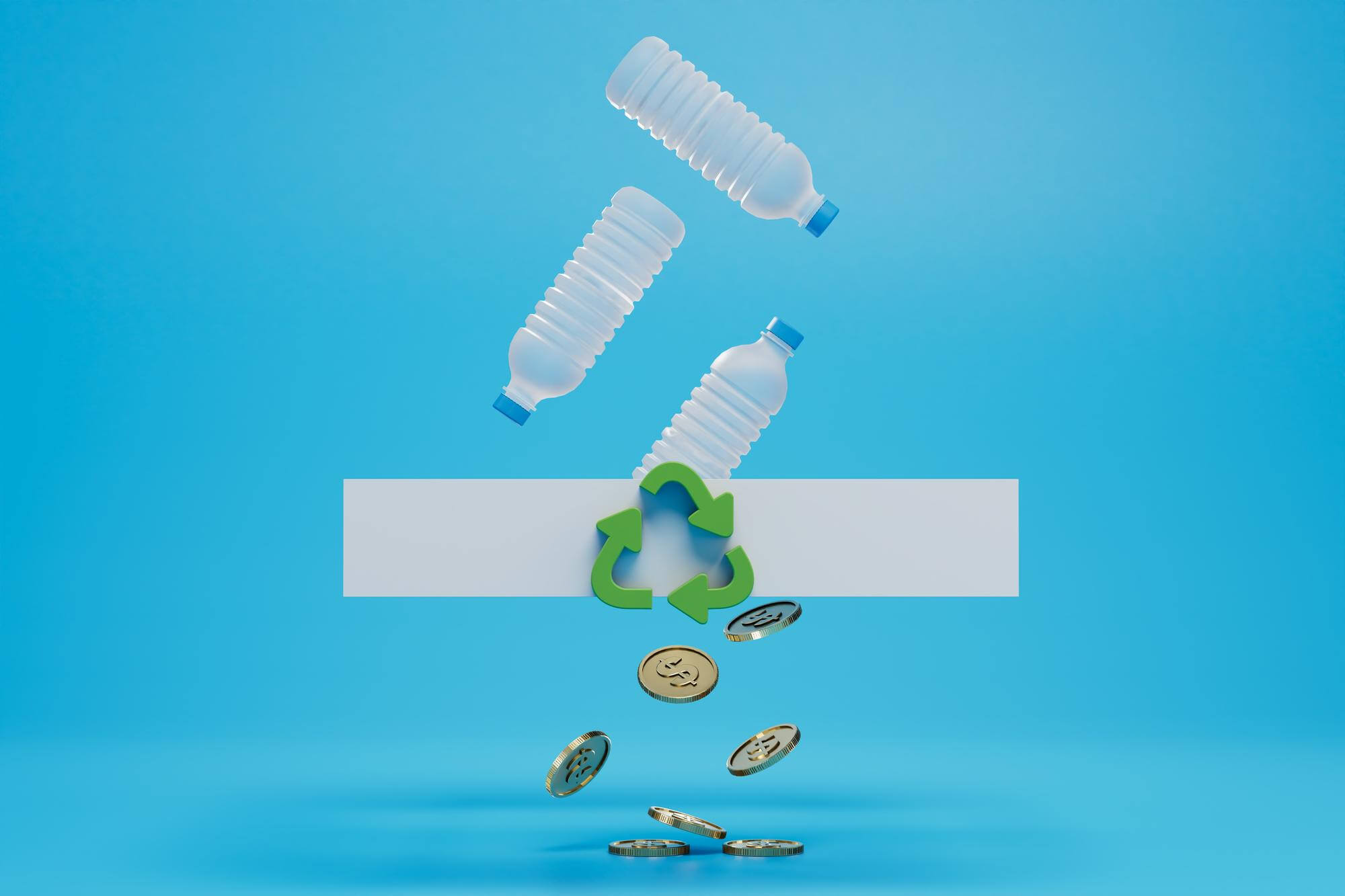-
Utilizing UNESCO’s Global Ocean Science Report 2020 to Effectively Mitigate Climate Change

The urgent need for climate change mitigation has resulted in the global adoption of net-zero goals. The proper utilization of the Earth’s oceans, which play an important role in carbon sequestration and storage, is a critical component of these goals. The Global Ocean Science Report 2020 (GOSR 2020) from UNESCO provides valuable insights into the…
-
Carbon accounting

Carbon accounting is the process of quantifying and tracking a company’s greenhouse gas (GHG) emissions. The goal of carbon accounting is to provide a comprehensive understanding of a company’s carbon footprint and to identify opportunities for reducing emissions. Carbon accounting involves three main steps: measurement, reporting, and reduction. First, the company measures its GHG emissions…
-
A Quick Look at the Carbon Credits of Today

As the globe works toward a more sustainable and environmentally friendly future, the importance of cutting carbon emissions has become increasingly pressing. A growing number of businesses address this issue by purchasing carbon credits as a strategy to mitigate the impact of their operations on the environment. In recent years, a rising number of prominent…
-
Carbon Leakage

Carbon leakage is a term used to describe the phenomenon where emissions are simply shifted from one country to another, rather than being reduced globally. This can happen for several reasons: Carbon leakage is a problem because it negates the efforts of countries to reduce emissions and undermines the effectiveness of global efforts to combat…
-
Reducing Plastic Waste: A Comprehensive Guide to Plastic Credits and Extended Producer Responsibility

The ever-increasing amount of waste generated worldwide has become a primary environmental concern. Among the different types of waste, plastic waste is particularly problematic, as it takes hundreds of years to decompose and often ends up polluting oceans and natural habitats. According to a report by the United Nations, about 300 million tonnes of plastic…
-
In Brief: The Core Carbon Principles

“The Core Carbon Principles” is a joint effort by the Investment Consultants’ Climate and ESG Working Group (ICCEW) and the Institutional Investors Group on Climate Change (IIGCC). In order to assist investors and investment consultants in incorporating climate change considerations into their investment decisions, the report offers a framework of five principles. The report’s first…
-
Anthropogenic Emissions

Anthropogenic emissions refer to greenhouse gas emissions produced by human activities. These emissions come from a wide range of sources, including the burning of fossil fuels for energy, deforestation, and industrial processes. Greenhouse gases, such as carbon dioxide (CO2), methane (CH4), and nitrous oxide (N2O), are released into the atmosphere when we carry out these…
-
Ocean-Based Climate Solutions: The Emerging Technologies and Practices for Blue Carbon Sequestration

The Earth’s climate is changing rapidly, and the effects of climate change are becoming more visible every day. From rising sea levels to more frequent natural disasters, it’s clear that we need to take action to mitigate the effects of climate change. One promising solution is blue carbon sequestration, which refers to the process of…
-
Understanding the Plastic Credit Economy: A Closer Look at Tradable Certificates

Plastic waste is a growing concern for the global community. Every year, 11 million metric tons of plastics enter our ocean on top of the estimated 200 million metric tons that currently circulate our marine environments, damaging marine life and threatening human health. To address this problem, governments, businesses, and consumers are increasingly turning to…

